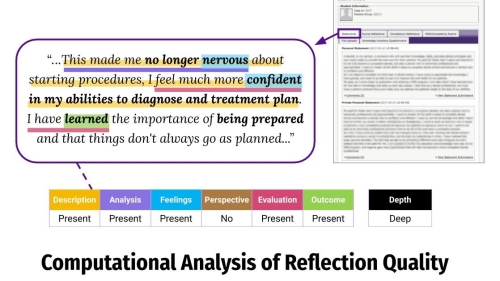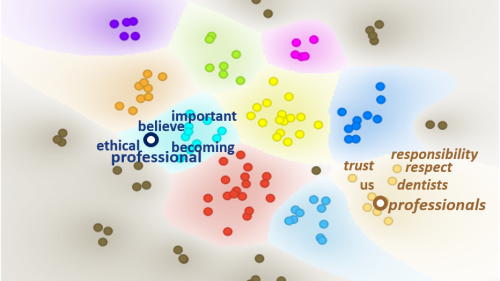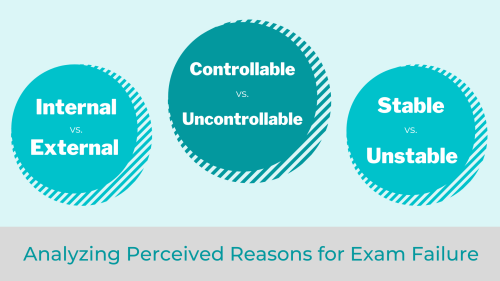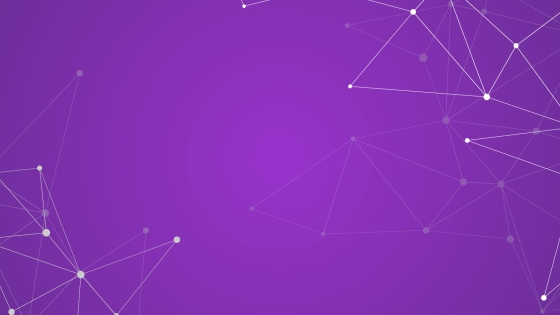LEARN’s reflection analytics projects are a collaboration between LEARN and NYU’s College of Dentistry that apply natural language processing techniques to a large collection of previously collected student reflections. Analytics are crafted for a wide variety of purposes including examination of the dimensions on which students reflect, tracing of changes in conceptions of their professional identity, and to create indicators of developing dental knowledge, skill, and expertise.

Analytic Feedback on Reflection Quality
Reflection is a critical skill for dental education to support students in becoming thoughtful practitioners, however students rarely have the opportunity to receive feedback to help them improve their reflective skills. This project addresses this critical gap by exploring the use of learning analytics to provide formative feedback on student reflection activities. Reflections written by dental students in an online portfolio system are examined and used to develop analytic classifiers to identify the presence of key reflective elements of reflective quality. This is used both as a starting point to develop feedback to help dental students develop reflective skills and to advance the theory of reflective writing quality.

Tracing Professional Identity Development
This project examines dental student reflections as a window into their developing professional identity over time. Through detection of key concepts in professional identity as networks of similarly used words, both quantitative and qualitative analyses are used to characterize these concepts at specific points in time. Initial findings show that students conceptualize professional development as a process of “closing the gap” between their current state and their vision of the ideal professional, but also that over time they personalize a vision of what kind of dentist they want to be.

Understanding Students’ Exam Attributions
When dental students fail one of their competency exams, they are asked to reflect on the potential reasons why this occurred. This project examines these reflections to understand the attributions students make with the goal of supporting their future learning experiences. Reasons for failure may be internal or external to students, changeable or unchangeable, and controllable or uncontrollable by students (e.g. a student feeling they didn’t study enough is an internal factor that the student is in control to change, while an exam not matching what was taught is an external factor, for which change is possible but not in the students’ direct control). Classifiers were developed to analytically detect when student reflections gave reasons for the failure as well as if the student felt that these causes were something they have the power to change. Use of the classifier can help students identify areas for improvement and also inform program-wide decisions about courses and exams.

